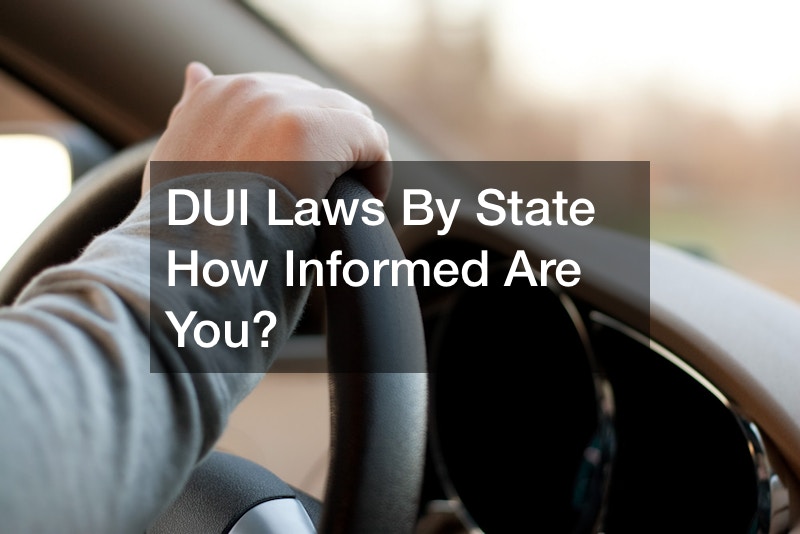
Here’s an example of how one could get arrested for DUI. You attend an after-work party with your colleagues, and after a couple of drinks, you decide to leave early. You feel fine, so you get in your car and start driving home. As the alcohol settles in your system, your vision gets blurred, and you start swerving. Unfortunately, the police pulled you over for a suspected DUI. What do you do?
If this is your first time being pulled over, the following events can be confusing. For example, what does 3 counts of DUI mean? If such a charge is levied on you, you may not know what it means or what to do. Consult with a DUI attorney for guidance on what to do.

Typically, the arresting officer tests for the level of alcohol in your system against the set limit, which is 0.08% in most states. If yours reads dwi bac 0.15, it’s a clear violation, and depending on the severity of the DUI, you may be ordered to do a DUI program, which could involve watching drunk driving videos for education, getting fined or receiving jail sentences of up to six months. Not an exciting scenario, is it?

Did you know that the term “drunk driving” is misleading, because it implies that one must be drunk to be arrested, which is not true. Driving under the influence or DUI laws by state are in agreement that anyone possessing a blood alcohol level (BAC) of 0.08 or higher should not be driving. Some civilians mistakenly think that if the alcohol they have consumed does not have much of a debilitating effect on them, everything is alright. This is far from the truth, as a criminal defense attorney will tell you.
While DUI laws by state are very similar, the terms used to describe the violation itself vary according to state. While most states go by the term DUI, like California and Oregon, other states use different terminology. In Ohio and a few other states for example, it is called operating a vehicle under the influence, or an OVI. Very few states call it Operating Under the Influence, or OUI. No matter what it is called, a conviction could cause some serious effects in your life if you do not find a good lawyer to help your case.
The first thing you should know is that the police cannot pull you over without probable cause. This means that the police must offer an explanation, such as reckless driving, swerving, or running stops signs or red lights. A top criminal defense attorney would say that without evidence or witnesses to verify why you pulled over, the case against you is weakened.
Once you have been pulled over, the police will want to administer a breathalyzer test. Again, DUI laws by state vary, so in a state such as Ohio for example there is an implied consent law. This means that if someone who has been pulled over under suspicion of operating under the influence refuse to take a breathalyzer test, they are automatically fined and their license is suspended. This is why it is important to know the DUI laws by state when traveling.
A criminal defense firm in your area can help you figure out what your options are if you are charged with operating a vehicle under the influence. You can fight it, but it is unlikely you will be successful without some experienced help. Gather all the information you can before looking into your options.

